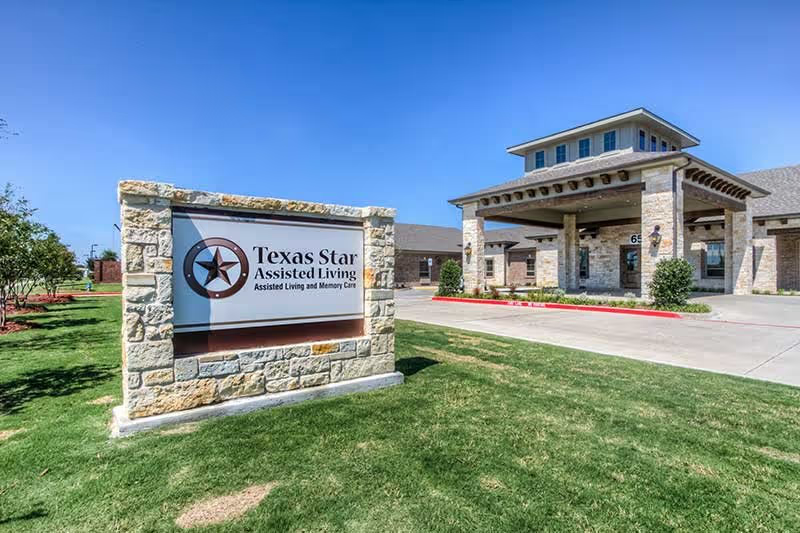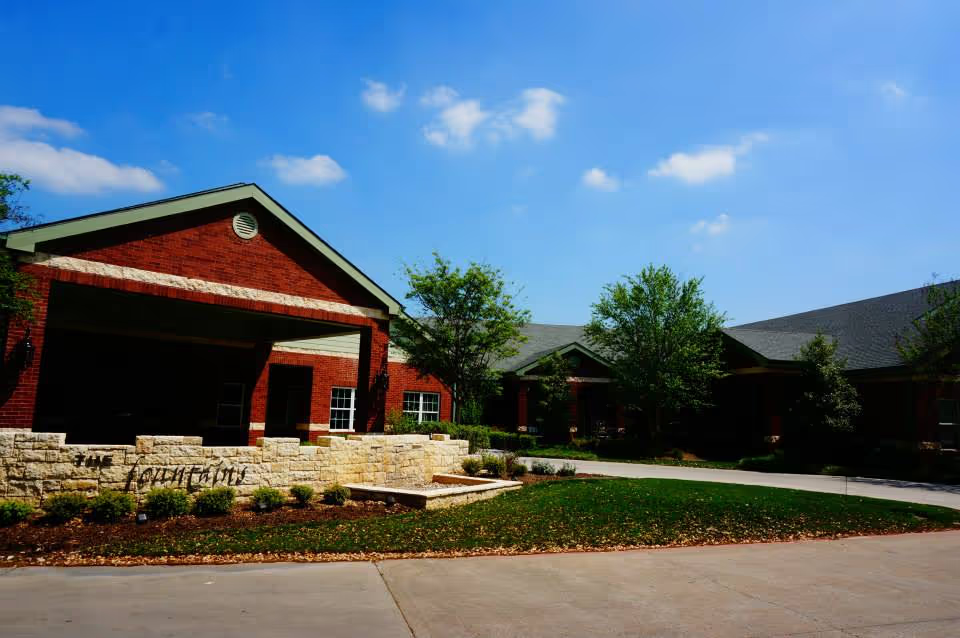Overall sentiment across the reviews is sharply polarized: a substantial number of reviewers praise Riverbend Post Acute Rehabilitation for compassionate caregivers, an excellent therapy program, and a warm, family-like atmosphere, while an equally strong group reports serious neglect, safety lapses, and unacceptable facility conditions. The mixed experiences appear to cluster around two consistent themes: consistently strong rehabilitation/therapy services and staff who take pride in caregiving on one hand; and recurrent operational, cleanliness, and clinical-safety failures on the other.
Care quality and clinical concerns: Many families report that the therapy team is knowledgeable, effective, and instrumental in positive rehabilitation outcomes, with several reviewers explicitly crediting Riverbend therapy staff for timely returns home and strength recovery. At the same time, other reviews recount severe clinical oversights — ignored oxygen/CPAP needs, missed symptoms such as jaundice and weight loss, misdiagnosis of vomiting as constipation, alleged manipulation of blood pressure readings, and failure to administer PRN medications. A few reviewers describe harm that culminated in death or anoxic brain injury. These allegations are serious and, if accurate, indicate systemic failures in clinical assessment, escalation, and documentation in portions of the facility.
Staff behavior and consistency: Staff behavior is a major point of divergence. Numerous reviews name individual caregivers and administrators (for example, admissions staff named “Ally,” and staff like Kyler, Savannah, and John Arnold) as compassionate, supportive, and accessible. Multiple family members describe staff going above and beyond, especially in therapy and during COVID-19. Conversely, other reviewers report rude or dismissive CNAs, burned-out or distracted aides, and nurses who are unavailable on the floors. Several accounts say staff were seen on phones or on breaks while residents waited for urgent care. Taken together, the pattern suggests inconsistent staff performance — high-performing, dedicated employees in some shifts/units, and understaffed or poorly supervised shifts in others.
Facility, cleanliness, and maintenance: A persistent theme among negative reviews is poor housekeeping and facility maintenance. Complaints include pervasive urine odors in hallways, bed bugs/ants/roaches, filthy bedroom floors, no hot water in bathrooms, shortages of paper towels, and burned-out lights or an old, “creepy” elevator. Several families describe residents left in soiled linens or clothing, lunch remnants in nightgowns, and denture issues (including allegations dentures were discarded). Conversely, a number of reviewers acknowledge that the building is older but note that new management has invested in the facility and preserved community character. This contrast suggests that while some improvements may be underway, housekeeping and maintenance remain uneven and a frequent source of family concern.
Safety, staffing and operational issues: Multiple reports of a nonfunctional or unreliable nurse call button, long delays for restroom assistance, and nurses covering multiple areas due to staffing shortages raise red flags about resident safety and response times. Several reviews specifically say that clinical staff were not present on floors, PRN medications were not administered, and aggressive behaviors or high-acuity needs were not properly managed. These operational issues, combined with reports of medication mismanagement and lost laundry or stolen items, point to systemic coordination and supervision gaps in certain shifts or units.
Dining and activities: Activity programming receives many positive comments — birthday parties, monthly events, weekly bingo, happy hours, holiday visits, and consistent engagement by activities staff are repeatedly noted as enhancing residents’ quality of life. Dining impressions are mixed: some families praise meals and special event dining, while others call the food inedible or say residents were not encouraged to eat. Several complaints relate to residents who could not eat due to missing dentures or poor feeding assistance.
Management, leadership, and patterns over time: Several reviewers credit new ownership and management with initiating a positive turnaround, improved therapy programs, and greater community investment. Admissions and administrative staff are frequently praised as responsive and supportive. However, an equally strong thread of complaints accuses management and the Director of Nursing of being unresponsive, indifferent to staff and family concerns, and failing to address recurring problems. Multiple reviewers urge investigation and say standards have declined compared to prior management, while others say new leadership has improved morale and care. This split suggests variable leadership efficacy across departments and a transitional period within the facility.
Notable patterns and recommended focus areas: The most frequently mentioned positives are the therapy department, dedicated individual caregivers, and active programming that gives residents a sense of belonging. The most frequently mentioned negatives are sanitation/hygiene, staffing shortages leading to delayed or missed care, clinical safety lapses, and poor responsiveness from management in certain cases. Together these patterns suggest that Riverbend delivers high-quality rehabilitation and meaningful social programming in many instances, but it also has recurrent operational and clinical safety failures that have resulted in severe harm for some residents and profound emotional distress for families.
Conclusion: For prospective residents and families, reviews indicate a potentially high-reward rehabilitation environment when you are assigned to skilled, engaged therapy and caregiving teams, and under proactive management. However, the frequency and severity of sanitation, staffing, clinical oversight, and responsiveness complaints mean prospective families should exercise caution: ask specific questions about nurse-to-resident ratios, call system reliability, infection control and housekeeping procedures, how high-acuity patients are managed, and how the facility investigates and resolves adverse incidents. If considering Riverbend, visiting in person during different shifts, speaking directly with therapy staff and nursing leadership, and obtaining recent inspection or complaint records would help assess whether the positive aspects described in many reviews are consistent and whether the serious issues reported by others have been remediated.







